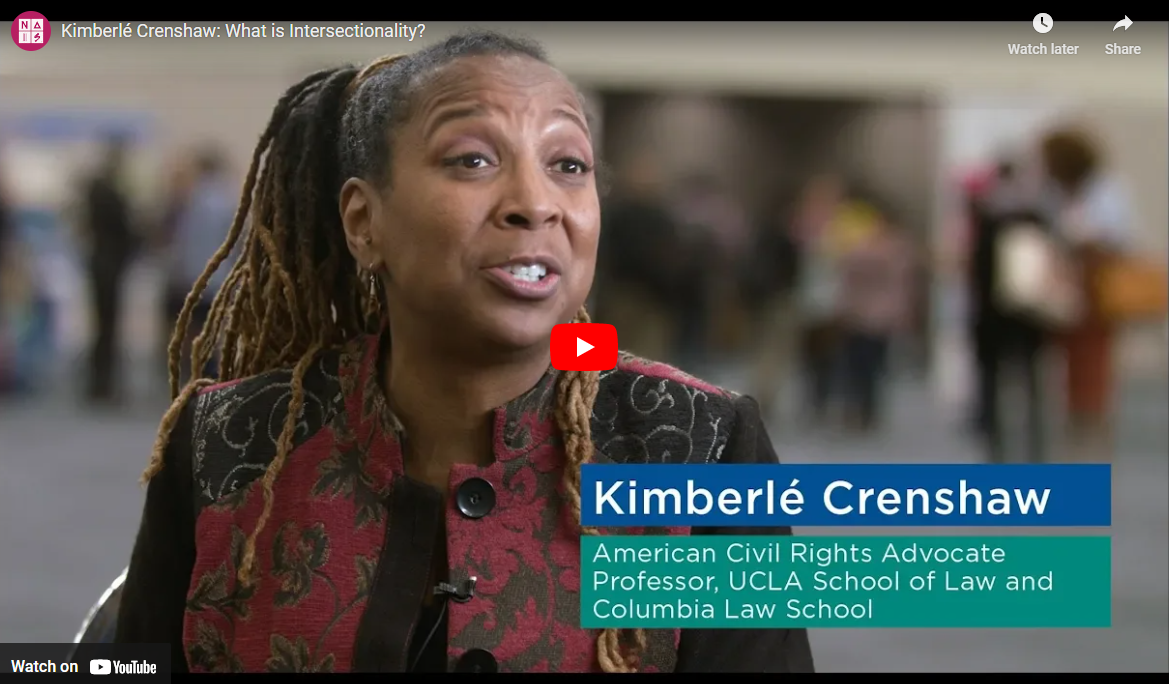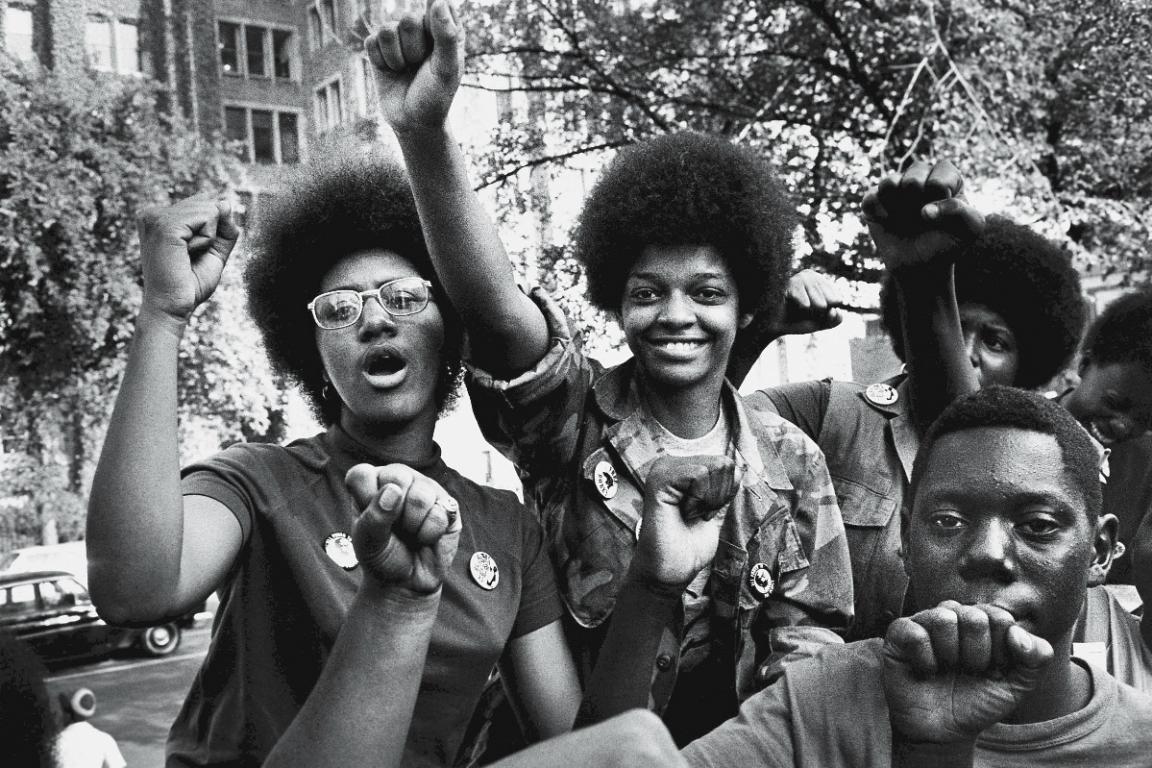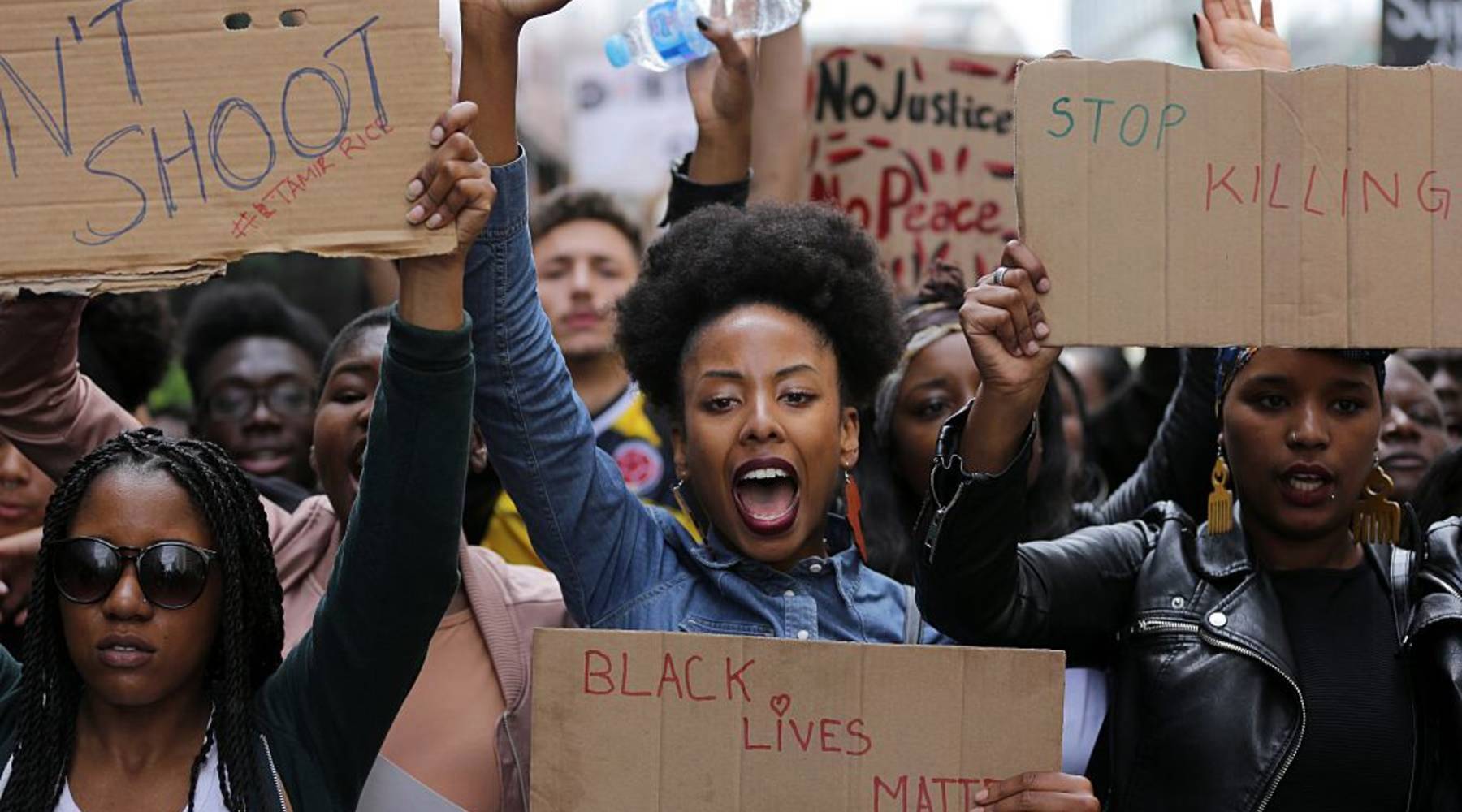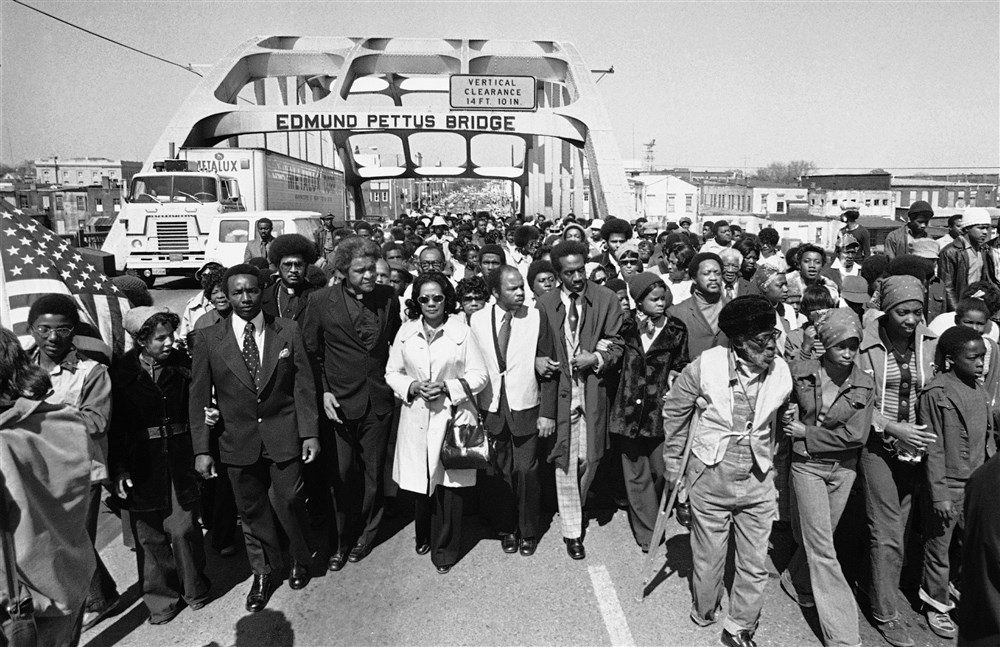Led and founded by scholar-activist Kimberle Crenshaw, the African American Policy Forum (AAPF) is a think tank that strives to promote efforts to dismantle structural inequality.
The New Jim Crow
Mass Incarceration in the Age of Colorblindness by Michelle Alexander
Rise of the Warrior Cop
The Militarization of America's Police Forces by Radley Balko
Arbitrary Justice
The Power of the American Prosecutor by Angela Davis
No Choirboy
Murder, Violence, and Teenagers on Death Row by Susan Kuklin
Mass Incarceration on Trial
A Remarkable Court Decision and the Future of Prisons in America by Jonathan Simon
The Fire Next Time
James Baldwin
The Beautiful Struggle
A Father, Two Sons and an Unlikely Road to Manhood by Ta-Nehisi Coates
High on the Hog
A Culinary Journey from Africa to America by Jessica B. Harris
March
Book One by John Lewis, Andrew Aydin, Nate Powell
The Other Wes Moore
One Name, Two Fates by Wes Moore, Tavis Smiley
The Grace of Silence
A Memoir by Michele Norris
Men We Reaped
A Memoir by Jesmyn Ward
The Meaning of Freedom:
And Other Difficult Dialogues by Angela Y. Davis
Creative Community Organizing:
A Guide for Rabble-Rousers, Activists, and Quiet Lovers of Justice by Si Kahn
Uprooting Racism:
How White People Can Work for Racial Justice by Paul Kivel
Disintegration:
The Splintering of Black America by Eugene Robinson
Hair Love
by Matthew A. Cherry, Vashti Harrison
Many Thousand Gone:
African Americans from Slavery to Freedom by Virginia Hamilton
Black Is A Rainbow Color
by Angela Joy, Ekua Holmes
The Artivist
by Nikkolas Smith
Freedom on the Menu:
The Greensboro Sit-Ins by Carole Boston Weatherford
One Crazy Summer
by Rita Williams-Garcia
Virtual Talks/workshops
African American Muslims make up a majority of the Muslims in America. However, their experiences are often overshadowed by the Arab Muslim experience. Islam has a deep history in our roots, from the Africans brought over during the slave trade who were forced to abandon Islam to the organizations in the 20th century who adopted Islam into the black identity and approached black liberation through Islam.
Come find out more about this from Professor Butch Ware and Professor Douglas Daniels.
Kavi Ade is a Black, Trans, and Queer poet and arts educator. "Ade's work meets at the intersection of personal and political — navigating what it means to be a survivor of innumerable violences. Kavi speaks on race, class, gender, sexuality, mental health, domestic violence, sexual assault, and social justice— chronicling despair, grasping at hope, and exploring the ways a body can learn to survive."
Fania E. Davis is a leading national voice on the intersection of racial and restorative justice. She is a long-time social justice activist, civil rights trial attorney, restorative justice practitioner, and writer and scholar with a PhD in indigenous knowledge. Founding director of Restorative Justice of Oakland Youth (RJOY), her numerous honors include the Ubuntu Award for Service to Humanity, the Dennis Maloney Award for Youth-Based Community and Restorative Justice, the Tikkun Olam (Repair the World) Award, the Ella Jo Baker Human Rights Award, the Bioneers Change Maker Award, and the EBONY Power 100 Community Crusaders Award. She is a Woodrow Wilson fellow, and the Los Angeles Times named her a "New Civil Rights Leader of the 21st Century." She resides in Oakland, California.
Videos

Organizations
The African diasporic Cultural Resource Center (AdCRC) educates, promotes, and encourages the interaction and dialogue among the diverse ethnic groups within the African diasporic communities of UCSB and to promote cross cultural learning and interaction amongst all ethnic groups. The AdCRC is an environment for students, staff, faculty and community members to develop an understanding of and appreciation for their African diasporic cultural identities. AdCRC staff strives to create and maintain a welcoming atmosphere for all to acquire knowledge in relation to the diversity of cultures within the African diaspora.
Black Lives Matter was formed in response to the acquittal of George Zimmerman in 2013 and quickly became a national movement to end police brutality. The organization continues to mobilize and amplify national dialogue around state-sanctioned violence.


